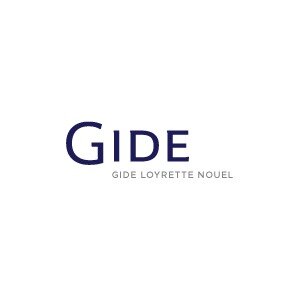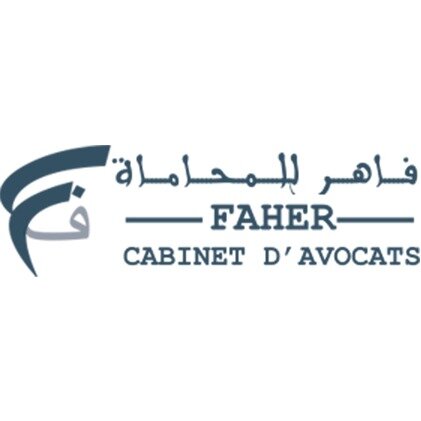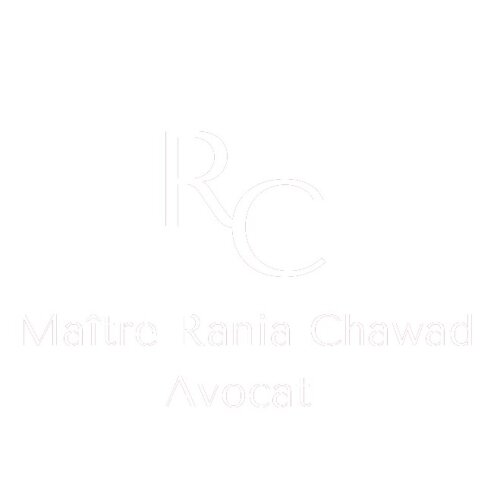Best Energy Regulatory Law Lawyers in Morocco
Share your needs with us, get contacted by law firms.
Free. Takes 2 min.
Or refine your search by selecting a city:
List of the best lawyers in Morocco
About Energy Regulatory Law in Morocco
Energy Regulatory Law in Morocco refers to the legal framework that governs the production, distribution, transmission, and consumption of energy resources within the country. It covers a variety of energy forms, including electricity, gas, and renewables, as well as the rights and obligations of both public and private sector stakeholders. Recent legislative efforts have aimed at modernizing the sector, attracting investment, enhancing competition, promoting renewable energies, and ensuring the security and efficiency of Morocco's energy supply.
Why You May Need a Lawyer
Navigating Energy Regulatory Law in Morocco can be complex due to frequent changes in regulation, technical requirements, and the involvement of multiple government agencies. Some common situations where legal assistance may be necessary include:
- Seeking authorization or licenses for energy projects
- Negotiating power purchase agreements or grid access
- Understanding renewable energy incentives and compliance requirements
- Addressing disputes with regulators, suppliers, or consumers
- Ensuring compliance with safety, environmental, and tariff regulations
- Handling mergers, acquisitions, or joint ventures in the energy sector
- Managing cross-border energy projects or investments
Local Laws Overview
The energy sector in Morocco is governed by a series of laws, regulations, and government agencies. Key aspects include:
- Law 13-09 on Renewable Energy, which provides a framework for developing and investing in renewable energy projects
- Law 48-15 on the Regulation of the Electricity Sector, which establishes rules for electricity production, transmission, distribution, and oversight
- The Moroccan Agency for Sustainable Energy (MASEN) manages renewable energy programs, especially for large-scale solar projects
- The National Electricity Regulatory Authority (ANRE) oversees grid access, tariffs, and competition
- Imported energy resources and cross-border interconnections are subject to specific licensing and compliance measures
- Environmental regulations and national development strategies influence energy project approvals and ongoing operations
- Incentives exist for both large-scale and small-scale renewable energy initiatives, but eligibility and compliance must be verified with relevant authorities
Frequently Asked Questions
What government bodies oversee energy regulation in Morocco?
The main authorities include the Ministry of Energy Transition and Sustainable Development, the National Electricity Regulatory Authority (ANRE), the Moroccan Agency for Sustainable Energy (MASEN), and the National Office of Electricity and Drinking Water (ONEE).
Do I need a license to produce renewable energy?
Yes, most energy production activities in Morocco, including renewables, require authorization or licensing in accordance with Law 13-09 for renewable projects.
Are there financial incentives for renewable energy projects?
Yes, Morocco offers several incentives for renewable energy, such as tax relief, reduced customs duties, and competitive tendering for large projects. Eligibility depends on project type and size.
Can foreign investors participate in Morocco's energy market?
Yes, foreign investors are encouraged to participate, especially in renewable energy. However, investments must comply with local licensing, partnership, and regulatory requirements.
How are electricity tariffs regulated?
Electricity tariffs are regulated by ANRE to ensure fairness, transparency, and efficiency in the electricity sector. Special tariffs may apply to certain producers or consumers.
What are the key steps in developing a new energy project?
Key steps include conducting feasibility studies, securing land rights, obtaining environmental clearance, applying for permits and licenses, and negotiating grid access or sale agreements.
What are the penalties for non-compliance with energy regulations?
Penalties can include fines, suspension or revocation of licenses, and other administrative or legal sanctions, depending on the nature of the violation.
Are small-scale producers required to connect to the national grid?
Connection requirements depend on the type and size of the project. Small-scale producers may be eligible for simplified procedures, but must still comply with specific technical and safety standards.
What environmental regulations affect energy projects?
Energy projects must comply with environmental protection laws, including requirements for impact assessments, mitigation measures, and ongoing monitoring.
How can I resolve a dispute with an energy company or regulator?
Disputes may be resolved through administrative appeals, mediation, or litigation in Moroccan courts. Legal representation can help present your case effectively and explore all available remedies.
Additional Resources
If you seek further information or assistance regarding Energy Regulatory Law in Morocco, consider contacting or consulting the following:
- Ministry of Energy Transition and Sustainable Development - The primary policy and regulatory authority for the energy sector
- National Electricity Regulatory Authority (ANRE) - Responsible for oversight and regulation of the electricity market
- Moroccan Agency for Sustainable Energy (MASEN) - Leads major renewable energy programs and project development
- National Office of Electricity and Drinking Water (ONEE) - Key operator in electricity and water supply
- Chambers of Commerce, industry associations, and business councils specializing in energy and sustainability
- Local law firms and legal experts with a practice focus on energy regulatory matters
Next Steps
If you believe you need legal assistance in Energy Regulatory Law in Morocco, consider the following steps:
- Clearly define your objectives and the specific issues you face in the energy sector
- Gather all relevant documents such as contracts, permits, and official correspondence
- Consult with a legal specialist in energy regulatory matters who is familiar with Moroccan laws and institutions
- Prepare questions about licensing, compliance, incentives, or dispute resolution to ensure a productive consultation
- Follow up with relevant authorities or organizations to stay updated on potential regulatory changes
Lawzana helps you find the best lawyers and law firms in Morocco through a curated and pre-screened list of qualified legal professionals. Our platform offers rankings and detailed profiles of attorneys and law firms, allowing you to compare based on practice areas, including Energy Regulatory Law, experience, and client feedback.
Each profile includes a description of the firm's areas of practice, client reviews, team members and partners, year of establishment, spoken languages, office locations, contact information, social media presence, and any published articles or resources. Most firms on our platform speak English and are experienced in both local and international legal matters.
Get a quote from top-rated law firms in Morocco — quickly, securely, and without unnecessary hassle.
Disclaimer:
The information provided on this page is for general informational purposes only and does not constitute legal advice. While we strive to ensure the accuracy and relevance of the content, legal information may change over time, and interpretations of the law can vary. You should always consult with a qualified legal professional for advice specific to your situation.
We disclaim all liability for actions taken or not taken based on the content of this page. If you believe any information is incorrect or outdated, please contact us, and we will review and update it where appropriate.
Browse energy regulatory law law firms by city in Morocco
Refine your search by selecting a city.

















